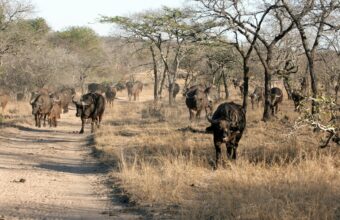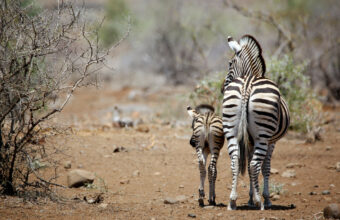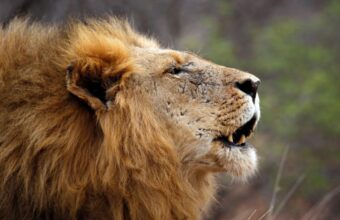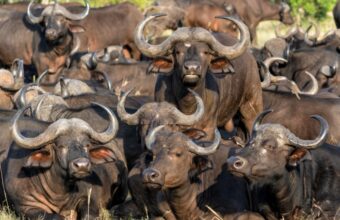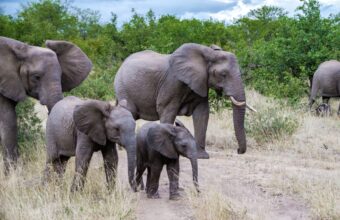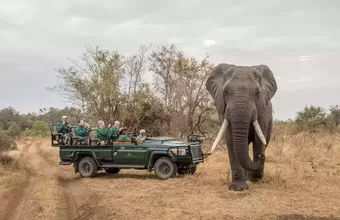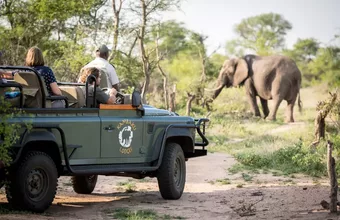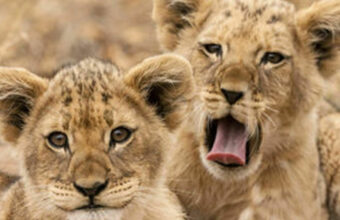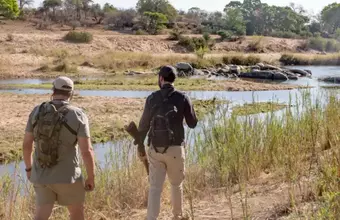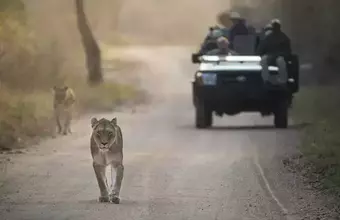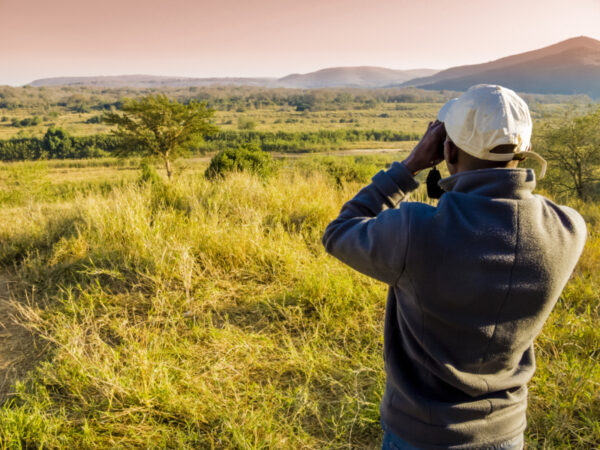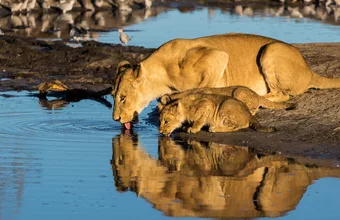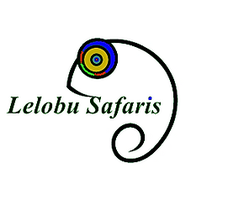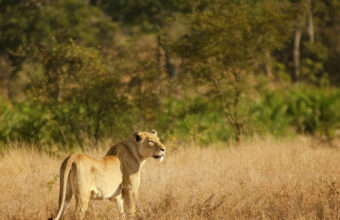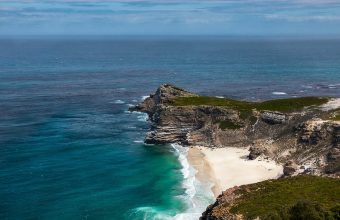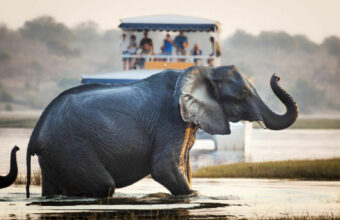Safari in Kruger National Park
The best safaris in Kruger National Park
The showpiece of South African safari, Kruger National Park is one of the world’s most famous protected areas, and for good reason.
This huge (19,485 sq km) park in the far northeast of South Africa is home to tens of thousands of mammals and birds including large numbers of all your African favourites.
The scenery is classic Africa, with the diversity of safari activities the equal of anywhere and there are endless accommodation options and safari styles available, from tented camps to luxury lodges. The park is readily accessible and, thanks to an impressive road system, easy to travel around.
Here's my rundown on the best safaris in Kruger National Park.
The best safaris in Kruger National Park
Kruger's best safari reserves, lodges and camps
-
Kruger National Park
View trips -
Kruger National Park
View trips -
Kruger National Park
View trips -
Kruger National Park
View trips -
Kruger National Park
View trips -
Kruger National Park
View trips -
Kruger National Park
View trips
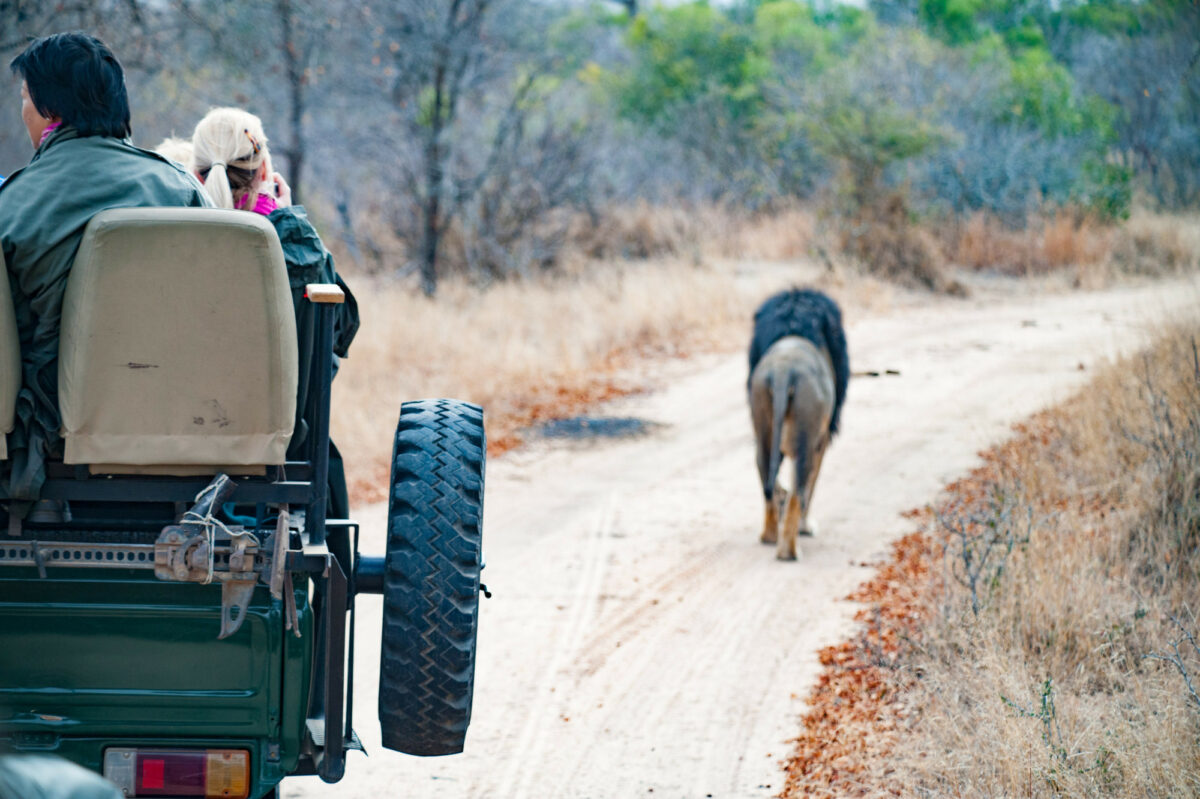
Lion in Kapama Game Reserve
Safari in Kruger National Park: Need to know
Everything you wish you'd known before you booked
This is safari made easy — perhaps too easy. A park as good and easy to visit as Kruger attracts a lot of visitors and in high season main routes can be busy. The park’s highly-developed infrastructure also means that it doesn’t always feel all that wild. If this sounds off-putting, fear not.
The park is surrounded by a number of superb private reserves with limited numbers and no self-drives allowed, which means that wild Africa comes growling right up to you. Taking all this into account, whatever sort of safari you’re looking for, Kruger usually comes out on top.
Where to go in Kruger National Park
There’s a massive amount of accommodation in and around Kruger National Park. The park itself caters to all budgets, from hardcore bush campers to lodges with a luxury royal seal (and a price tag to match). In general, the finest accommodation and best safari guides can be found in the exclusive private reserves bordering Kruger itself. The prices quoted by such places might appear steep but keep in mind that they generally include all activities including guided safaris in state-of-the-art vehicles, meals and most drinks, plus the conservation fees that help maintain such wilderness areas.
Some suggested top-end places include Singita Lebombo Lodge and the Rzoyal Malewane, both of which are in the Kruger National Park itself. You can’t really go wrong with any of the accommodation in the private reserves but some worth building your safari around include Thornybush Waterside Lodge in the Thornybush Game Reserve, Kapama River Lodge in the Kapama Game Reserve, and the Klaserie Sands River Camp and Makumu Private Game Lodge, both in Klaserie.
Safari by foot
For the ultimate in Kruger adventures, try a short bush walk led by an expert walking safari guide in one of the private reserves or, for something even more thrilling, set out to hike one of the multi-day wilderness trails established by park authorities. There’s no better way to get to know wild Africa than by walking, which gives you the ability to touch, smell, taste, hear and sense the African bush in a way that’s never possible in a vehicle safari.
Kruger wildlife
One of the great parks of Africa, Kruger and the surrounding private reserves are home to all of southern Africa’s iconic mammal species including the famed Big Five — buffalo, elephant, lion, leopard and rhino. This is also a great park for giraffe, zebra, cheetah and even wild dogs. The sheer quantity of animals seen on a safari trip here can be mind-boggling.
There are tens of thousands of impala and blue wildebeest and, despite sustained recent poaching, there are still thousands of white rhino (plus some black rhino). The lion population is somewhere around thousand and elephants are doing exceptionally well, with some 13,000 present (which is about double the park’s real carrying capacity). In total, some 140 mammal species are known to live in and around the Kruger eco-systems, which makes it one of the most mammal-rich parks in the world.
The diverse habitats, which include thorn tree woodlands and shrub mopane veld, river valleys lined by tropical forest and searing granite kopjes (hills), supports an even more impressive array of birdlife. More than 500 different species of birds have been recorded in Kruger.
Kruger's hidden gems
Kruger may be busy, but it’s so big that you can still spend time alone with a lone leopard wandering along a quiet riverside track. As a general rule, I enjoy Kruger the further north I go: in the wild north, I’d happily live out my safari days looking for birds and lions that still seem surprised to see a vehicle.
When to visit Kruger National Park
Key wildlife viewing times are between June and September when the drier winter weather causes animals to congregate around water sources, and the March to May rutting season when male wildebeest, impala and other antelope butt heads over the ladies. Overall, June is probably the best month to visit. Wildlife activity is intense, but with school holidays yet to begin, human activity remains light and accommodation is cheaper.
Kruger safari FAQs
Your questions, our expert answers
Question
Can you recommend any mid-luxury accommodation in Kruger? We don't need top luxury but happy to splurge a bit.
Answer
Most of the accommodation actually within Kruger National Park is run by the park authorities - great locations, but the accommodations are fairly basic and very busy. If you want to splash out, this is probably not what you're looking for.
Consider instead one of the private reserves (conservancies) that sit alongside Kruger - they have much the same wildlife, but way more choice when it comes to accommodation, and fewer visitors and vehicles. I've always enjoyed Timbavati Nature Reserve and Shindzela - I saw all the big five in one afternoon here!

